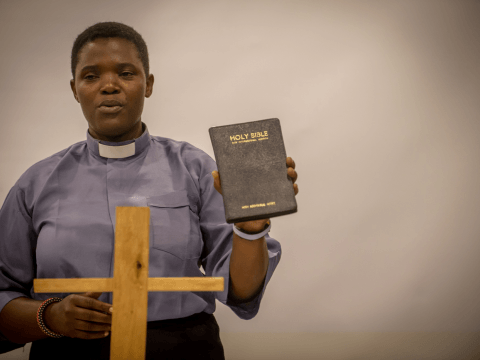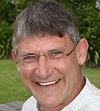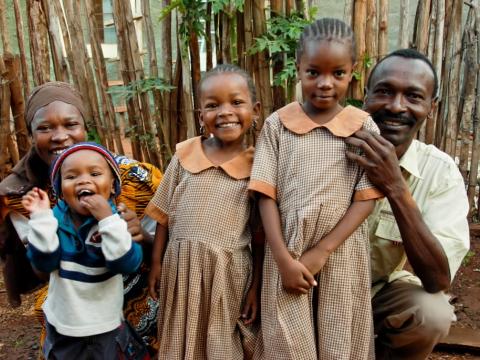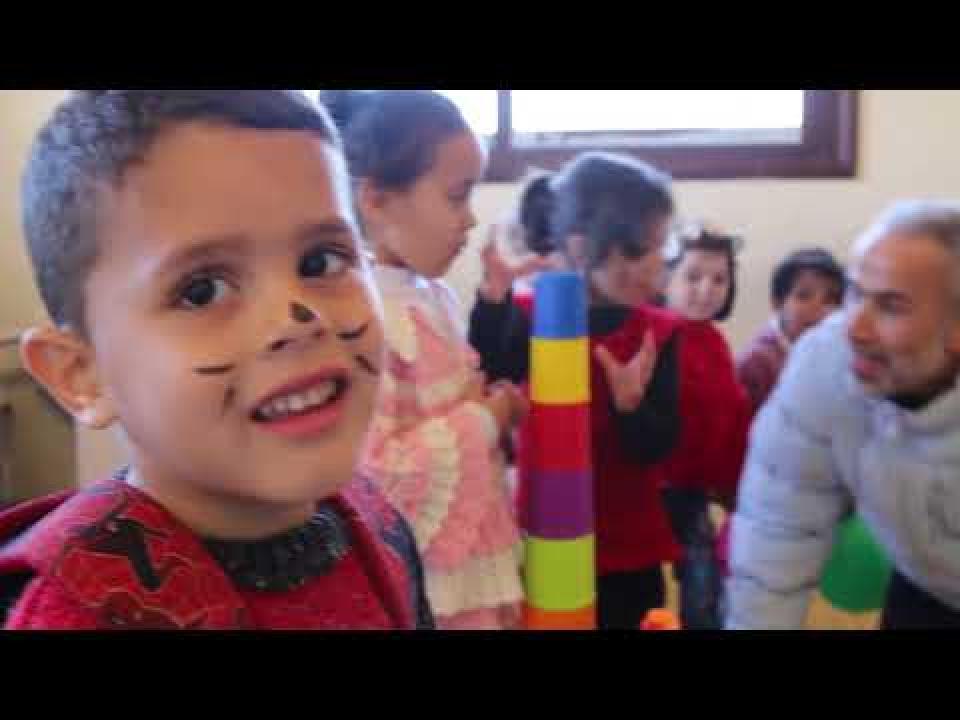
Science and religious text combine to protect female sexual health
By Christo Greyling, Senior Director, Faith and External Engagements
Reverend Josephine Ogala is not only a church leader but is also a champion for women and girls in Kenya. Alongside her spiritual and pastoral responsibilities she shares vital sexual and reproductive health information with adolescents and other community members. Faith leaders like her are essential advocates for women and girls, addressing deep-seated norms and values in society that can drive gender disparity.
Reverend Ogala is one of nearly 450,000 faith leaders and community members around the world mobilised to do this through the Channels of Hope programme. “God called me into ministry,” she explains, “but it was Channels of Hope that equipped me to serve the women and girls in my community”.
Specific interpretation of religious texts alongside social and cultural practices have at times had negative impacts on the empowerment and equality of women and girls globally. I firmly believe, and my experience has been, that the fundamental nature of religion and faith does not foster division but celebrates every person, regardless of gender, as God’s perfect creation.
World Vision believes, and has demonstrated empirically, that engaging faith leaders to dialogue, share information about development outcomes, and mutually explore their religious texts and history, is a critical step in faith leaders becoming health and gender champions. A step that is critical to achieving better health outcomes for children and women.
In the 20 years I have been working with the Channels of Hope program—addressing HIV, gender, maternal newborn child health and child protection—I have seen dramatic changes in the lives of individual faith leaders, faith communities and broader communities as knowledge, attitudes and behaviours shifted.
Channels of Hope encourages leaders to talk about the hardest and most complex issues facing their communities and their faith. They explore gender identities, norms and values and consider what their own religious texts say as well as how those interpretations can impact girls and women in their own communities.
Scientific, fact-based information about contraception, for example, is shared in a safe space where faith leaders can ask questions, consult their own religious texts, understand the true science of family planning options and begin to speak meaningfully as advocates for women and girls in a way that is fully aligned with their values and teaching. Repeatedly, this combination of science and religious text gives faith leaders the confidence and tools they need to act—even when it means standing up against deep-seated norms.
In recent research funded by the Templeton Foundation on COH implementation in Kenya:
- Contraceptive prevalence rates (CPR) increased from 5% to 12% in the intervention site, while unchanging in the control site (32.5% to 32.3%).
- The likelihood of using modern contraception increased by 150 per cent (p<0.005) while staying the same in the control site.
- Knowledge on three of more modern methods of family planning increased from 41% to 76% in the intervention site (73% to 83% in the control.)
- Unmet need for birth spacing increased significantly (0.001) by 23 percent points in the intervention site, with no significant change (=0.05) in the control site, indicating that Channels of Hope may positively impact faith leaders to be talking about issues that lead to increased demand.
Exploring religious texts alongside understanding the realities of gender-based violence in their communities leads to a new understanding of male and female relationships, gender equality and healthy relationships. They then, with leaders from their congregations, share their perspectives and knowledge in meaningful ways, mobilising their communities to access family planning services, address violence against women and girls and take steps to end child marriage.
These faith leaders and faith communities connect to a range of community actors already working to address gender inequality, child protection, and improving access to health and family planning services. They find unique ways that the faith community can actively contribute towards shared outcomes.
Women like Reverend Josephine are powerful change agents, making an impact in their faith communities and the community at large, leading a wave of transformation that brings about positive change in our broken world.
*Featured image: Clergy like this Kenyan priest take part in Channels of Hope training.


